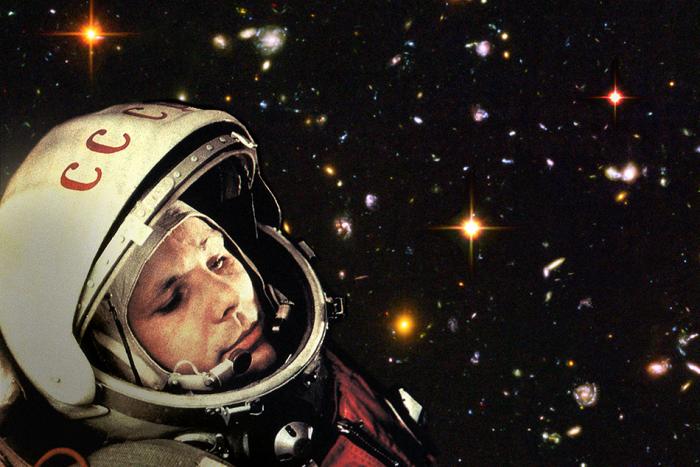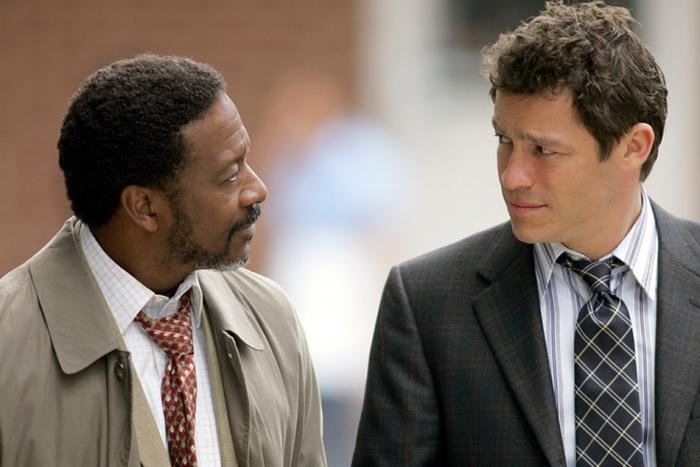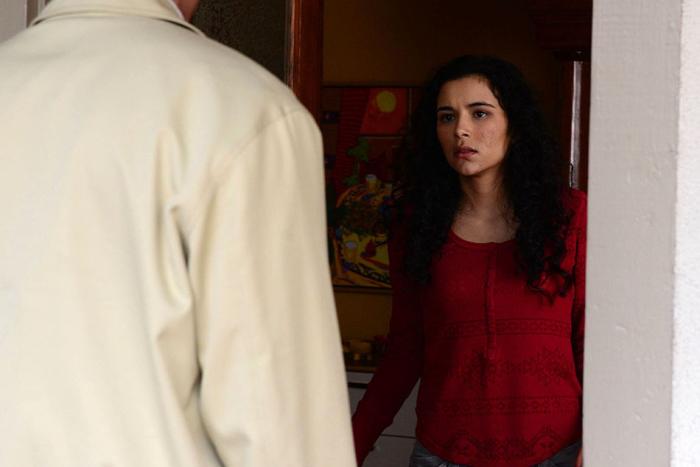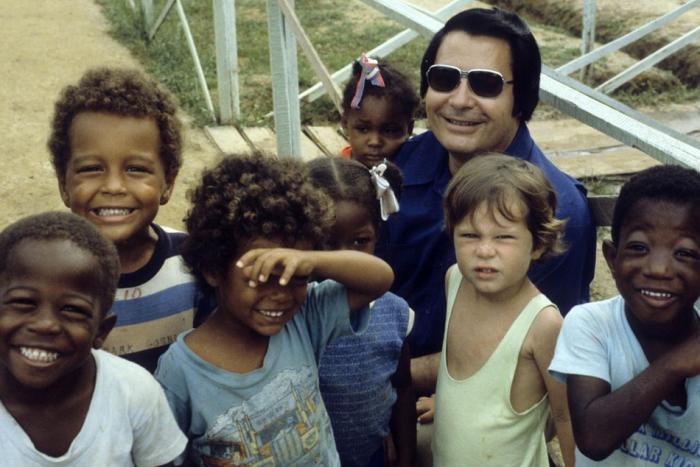The surveillance state reassures us that we’re all just the haystack—only the needles need worry. But what will CSEC do with all that hay? Javier Marías’ Your Face Tomorrow: Fever and Spear provides some clues.
Lost Library
The Latest
Considering Putin's Russia—a “terrifying fairytale,” says Pussy Riot’s Nadezhda Tolokonnikova—you might get wistful, as Francis Spufford does in Red Plenty, for a time when communism seemed every bit the fantasy Khrushchev made it out to be.
“Asperger’s Lit” is all well and good, but its influence has lead to some insufferably dull status updates. The problem is “Bad Carver,” as David Foster Wallace put it. The solution is Frank Conroy. Even Bad Conroy.
There’s a great tradition, from Poe to The Wire, of the crime drama that forgets it's a crime drama—and concerns itself, instead, with the minutiae of its characters’ lives. The author’s favourite book of 2013, Keith Ridgway’s Hawthorn & Child, is a model of the genre.
In Jonathan Franzen’s view, e-readers will disrupt the permanence of books, with dire consequences for human society. A Czech novelist would recommend that he calm down and have a drink.
There’s a popular myth that hardship leads to accomplishment, and—relatedly—that the more troubled the artist, the better the work. It’s a nice idea, but a little-read book from 1963 teaches us otherwise.
Breaking Bad—and all television series trading in epic narrative—owes a huge debt to opera and its famous tropes, including the death of the big-hearted woman. Before there was Andrea Cantillo, there was Marie Duplessis, the Lady of the Camellias.
Since men have flown aircraft, men have dropped bombs—and bombing has gotten better, say the architects of war, relative to the last war. So have our justifications.
Film buffs worldwide used to revere American cinema: its stories, its characters, its mythology. Now, the great American film feels provincial, as Hollywood's survival hinges on pleasing the rest of the world.
Robert Coover's The Origin of the Brunists taught us something about the cult mentality: people will believe anything if they need to. And that belief will hold as long as people can shield themselves from evidence to the contrary--but can anyone, anymore?
Pagination
- Previous page
- Page 3
- Next page









